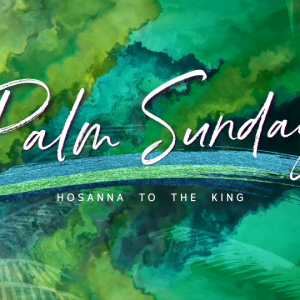Power to Change
- Talk about a time you experienced something unexpectedly powerful.
Read: Ephesians 1:15-23
- Power is one of the great themes in Paul’s letter to the believers in Ephesus. That may have been strategic on Paul’s part because Ephesus itself was regarded as a place of power. Socially and civically, the city was powerful and was set to become more of a major player in the Roman Empire of the day. But it was also a center of religious power. Before Paul writes about power, he tells his readers how thankful he is for them. Why is he grateful for his readers (v.15-16)?
- How does Paul blend praise with petition when he prays (v.17)? What are his specific prayer requests for those reading his letter (v.17-19)?
- According to Paul’s prayer, we grow in wisdom the more we get to know God. How does knowing Jesus more help us see and understand things differently?
- What was the greatest display of power the world has ever seen (v.20)?
- Part of Paul’s prayer for the Ephesian believers is that they understand that the power seen at Easter, now vested in Jesus, is available to them daily. Sadly, too many believers are either unaware of this power or don’t access it, which is why he prays that God would open their eyes to see what’s available for them. What should and shouldn’t using this power look like in our daily lives?
- How have you experienced this power in your life? How can this power help you change for the better in your life? Give specific examples.
- What authority does Jesus have now (v.21-22)? Why is this significant?
- Jesus is the head of the church. The church is his body, his hands and feet, carrying out his mission in this world. How can we, his church, act as his agents within the network of relationships in which we live? Give specific examples.
Pray: Thank God for the power we have through Jesus’ resurrection, and ask him to help you see it and access it in your daily life.






